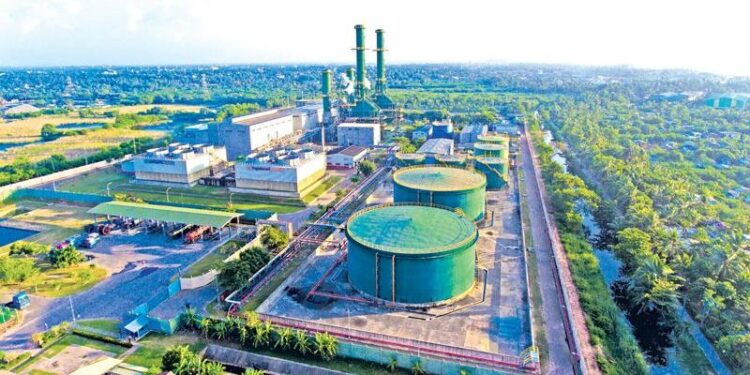
The Ceylon Electricity Board (CEB) has been compelled to enforce daily hour-long power cuts in Sri Lanka, as a worsening economic crisis has meant the power utility is unable to purchase fuel oil for its power stations.
The latest announcement comes in the midst of a massive financial crisis in the country and with Sri Lanka’s energy minister warning stocks of the transport fuels could run out by “the third week of January”.
An official from the CEB said the crisis had come as the company had run out of dollars to buy the much needed fuel oil from the state-run Ceylon Petroleum Corporation. Without the oil, which accounts for around nine percent of the island’s electricity generation, the CEB is will rely solely on coal- and hydro-power.
“The power cuts are being imposed because the Ceylon Petroleum Corporation has not supplied us with fuel,” the official said.
“There is this looming danger which I have informed the Cabinet no less than on 8 occasions,” claimed energy minister Udaya Gammanpila. “The Central Bank has to ensure Letters of Credit can be opened for cooking gas and fuel. We could substitute imported food with some local varieties, but for fuel it is not possible.”
One-hour power cuts will be enforced between 11 am and 6 pm and two 45-minute power cuts during the peak hours of 6 pm to 9 pm, according to the Sunday Times, which quoted a senior CEB official.
“We cannot stop that,” said the unnamed official.
“That is what is happening in the country now. That is why we said ahead of time that within the reality that prevails, we will have to impose official scheduled power cuts. Nevertheless, the authorities did not take steps at the required time.”
Sri Lankan president Gotabaya Rajapaksa held a meeting with heads of the power and energy sectors at the Presidential Secretariat this morning, where he reportedly “stressed that steps should be taken to find a solution to the power crisis without disrupting the lives of the people”.
However as the economic crisis on the island worsens and populations continue to plunge below the poverty line, conditions in Sri Lanka continue to deteriorate.
See more from the AFP here, Sunday Times here and India Express here.
